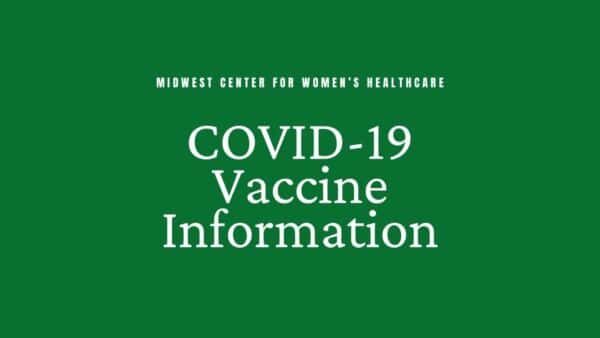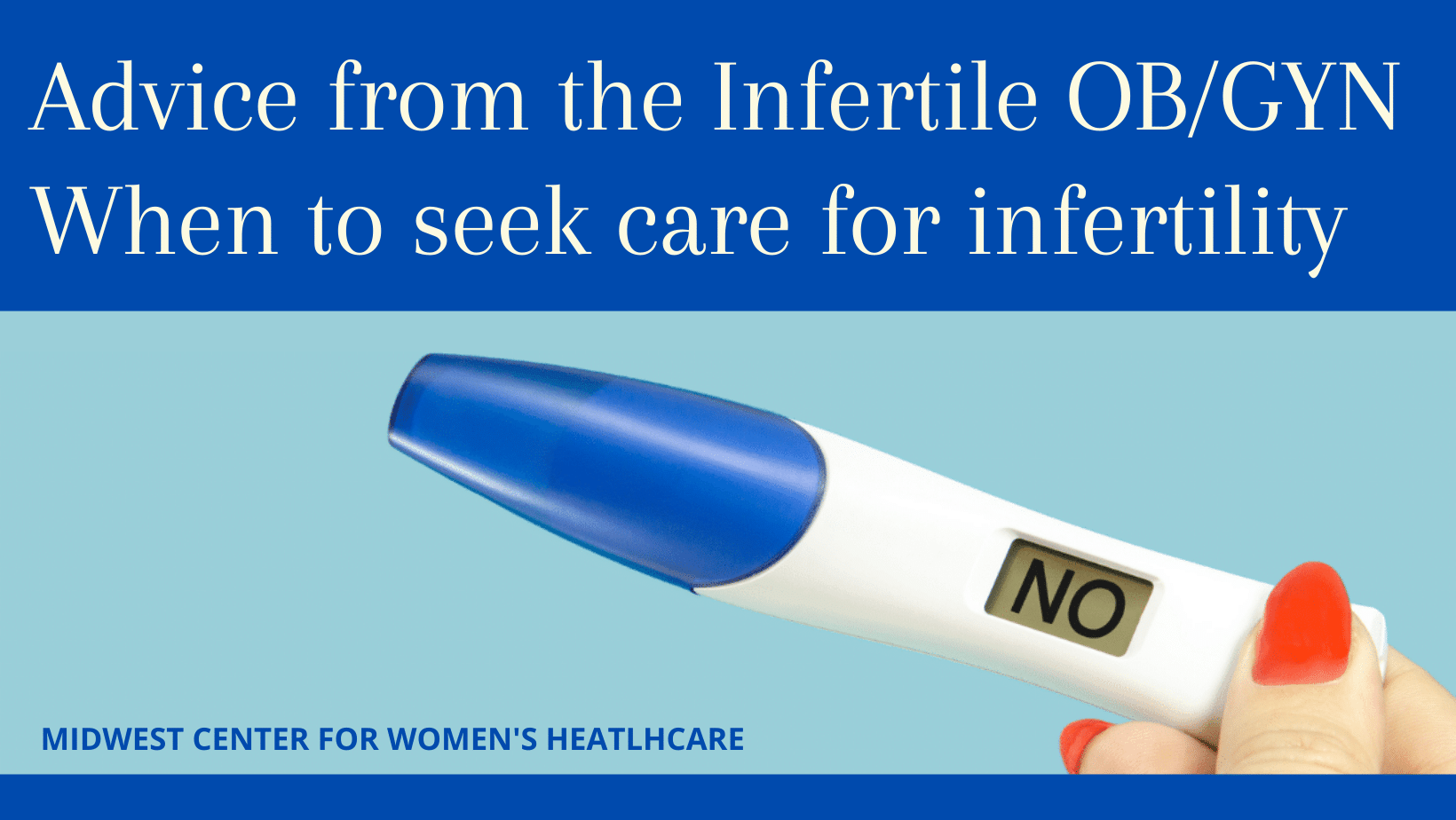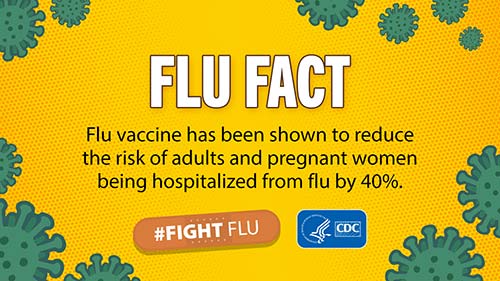COVID-19 Vaccine Information
There are many questions that patients ask on a daily basis about all aspects of the COVID-19 vaccine and its potential impact on them. This article focuses on the currently approved Pfizer and Moderna vaccines, and addresses the most commonly asked vaccination questions.

Vaccine Development
Patients often ask, “how did the vaccine get developed so quickly?” Both the Pfizer and Moderna vaccines are “mRNA vaccines”. Despite the commonly used phrase “mRNA vaccine” there is still a lot of understandable confusion about what this means with respect to the COVID-19 vaccine. This specific technology has actually been in development since the 1990s. The mRNA platform has been used in vaccine trials targeted for other infections such as Zika and even cancer treatments including breast cancer and melanoma. In the past decade, scientists have been particularly focused on the mRNA platform in treating MERS (another type of coronavirus very similar to COVID-19). When COVID-19 emerged, the years and years of research that had already been performed on mRNA vaccines was thus easily and rapidly adapted to COVID-19.
Most importantly, no steps or safety protocols were skipped in the development of these vaccines! Because of the international importance of this vaccine project, thousands of scientists from around the world were working together. An enormous amount of money was poured into the vaccine development so that it could move immediately from one stage to the next without having to pause, collect supplies, or wait to develop the next stage. There was constant momentum to prepare everything for future stages of the vaccine development and trials “just in case” it turned out that the vaccine was shown to be effective in early trials.
Vaccine Components
What is in the actual vaccine? Even though the vaccine protects you from COVID-19, it does not contain any live or inactive parts of the virus itself. There is nothing in the vaccine that can cause a COVID-19 infection. The Pfizer and Moderna vaccines work similarly and each have 4 basic components- mRNA, lipids, salts, and sugars. mRNA stands for messenger RNA. In our cells, RNA takes the genetic information from DNA and uses this information to manufacture proteins. The mRNA in the vaccine contains the instructions that your cells need to make the COVID-19 spike protein (the spiky part that sticks off the middle sphere of the virus particle). The lipids, or fats, in the vaccine are microscopic fat globules that are used to cushion and protect the mRNA from getting broken up and destroyed. The salts in the vaccine adjust the pH to be the same as our body and the sugars help stabilize the vaccine at really low temperatures. The Moderna vaccine also has a substance called sodium acetate to make sure that the vaccine components don’t separate into different layers in the vial. There are not any preservatives in either vaccine.
After the vaccine is injected, the vaccine mRNA instructs your cells to make the COVID-19 spike protein. Your immune system recognizes that this protein is a foreign substance and creates antibodies against the spike protein. These are the antibodies that will then recognize the spike protein on the real COVID-19 virus if you ever encounter it, neutralize the virus, and make it much less likely to cause a severe infection in your body. The vaccine cannot cause any genetic changes in your cells because it does not enter the nucleus of the cell where your DNA is stored. Both the Moderna and the Pfizer vaccine were approximately 95% effective in clinical trials. Mild side effects such as fatigue, chills, and body aches are common after receiving the vaccine. These side effects are brief, and they do not mean that you are sick or infected with COVID-19. These side effects are the result of chemicals called cytokines produced as a part of the immune system response.
Pregnancy and Breastfeeding
Vaccine and medication trials have not traditionally included pregnant and breastfeeding women. This was also true of the COVID-19 vaccine trials. Because of this, direct evidence about safety and efficacy of the vaccines for pregnant and breastfeeding women is lacking. When direct research is lacking, physicians use information from previous studies and expert opinions to make a determination about the balance of risks and benefits. Since the onset of the COVID pandemic, it has been demonstrated by research that pregnant women who develop symptoms from a COVID-19 infection are more likely to have severe infection, be admitted to the ICU or need to be on a ventilator.
Because of this increased risk of severe disease, there is a great deal of interest in the best ways to prevent COVID-19 infection in pregnant women. Similar to everyone else, pregnant and breastfeeding women should always follow public health guidance on mask wearing, handwashing, physical distancing and avoidance of crowded public spaces. But vaccine administration can provide another layer of protection for women in this higher risk category. The American College of Obstetricians and Gynecologists (ACOG) has issued a statement on the Pfizer and Moderna COVID-19 vaccine use during pregnancy and breastfeeding. ACOG states “Based on the mechanism of action of these vaccines and the demonstrated safety and efficacy in Phase II and Phase III clinical trials, it is expected that the safety and efficacy profile of the vaccine for pregnant individuals would be similar to that observed in non-pregnant individuals.” Additionally, the mRNA platform is likely advantageous compared to other vaccines as it does not contain any actual virus particles.
It goes on to say “ACOG recommends that COVID-19 vaccines should not be withheld from pregnant individuals who meet criteria for vaccination based on ACIP (Advisory Committee on Immunization Practices)-recommended priority groups.” The Academy of Breastfeeding Medicine also supports vaccination and reports “during lactation, it is unlikely that the vaccine lipid would enter the blood stream and reach breast tissue.” The organization acknowledges the potential benefit of neonatal protection via passive transfer of antibodies from breast milk as well.
There is no reason to delay pregnancy after receiving the vaccine series. Additionally, if you have started the vaccine series and then find out you are pregnant, it is recommended that you complete the vaccine series as scheduled.
Vaccine Related Concerns
As with any new medical therapy, there is some hesitancy to receive the COVID-19 vaccine. Much of this hesitancy has been fueled by misinformation campaigns. There was a movement against COVID-19 vaccines before the vaccines had even been developed or released to the public. Common statements released by opponents to the vaccine include concerns about unknown possible long term side effects such as increased risks of cancer, autoimmune disease, fertility problems or any number of health concerns for a developing baby. All of these statements are complete and total speculation and do not have any basis in research, nor is there any reason for scientists to suspect that they might be true. If you have any concerns about receiving the vaccine, please address these concerns with your physician.
Future Research
The entire body of COVID-19 information only reaches back to late 2019. Scientists have learned a tremendous amount and made incredible progress but there is still information that is not known. Key questions for future research to answer are:
- How long does a past COVID-19 infection protect you against a future infection?
- How long does the vaccine protection last?
- How effective is the vaccine at preventing transmission?
- Will vaccine booster shots be necessary?
- How effective are the current vaccines against new variants of COVID-19?
- Is there an optimal gestational age in pregnancy to receive the vaccine?
Just as thousands of scientists around the world were working together to develop the vaccines against COVID-19, these same scientists are working to answer these questions. The knowledge will continue to increase and be published accordingly. There are already many studies being conducted on the pregnant and breastfeeding women that have received the COVID-19 vaccine. If you are interested in enrolling in these studies once you are vaccinated, please consult your provider to learn more information.
Points to Remember
- The Pfizer and Moderna COVID-19 mRNA vaccines cannot cause a COVID infection. They are approximately 95% effective at preventing severe COVID-19 infection.
- Pregnant and breastfeeding women should be offered the vaccine if they are part of a priority group for vaccine administration. It is expected that the safety and efficacy of the vaccines will be similar to that seen in non-pregnant and non-breastfeeding individuals.
- You should not get another vaccine (such as the flu shot or Tdap) within the two weeks before or after your COVID vaccine.
- There is no reason to delay pregnancy after receiving the COVID vaccine.
- There is no reason to believe that the COVID vaccine will have any impact on your fertility.
- 75-80% of the population will need to be immune through vaccination or previous infection to achieve “herd immunity.” This is the level at which COVID-19 will stop easily spreading between people and our lives can return to some version of what they were prior to the pandemic.
- If you choose to not receive the vaccine, it is very important to follow public health guidelines about handwashing, mask wearing and physical distancing.
- Even after you complete your vaccine series, it is still important to follow public health guidelines about handwashing, mask wearing and physical distancing.
The doctors at the Midwest Center for Women’s Healthcare support those who chose to receive the vaccine for COVID-19, including women who are pregnant or breastfeeding.
Sources and Important Links
- Emily Adhikari, MD and Catherine Spong, MD. COVID-19 Vaccination in Pregnancy and Lactating Women. https://tinyurl.com/1l3frvzi
- ACOG Clinical Guidelines for Vaccinating Pregnant and Lactating Patients. https://tinyurl.com/zbn0rrcj
- ACOG Recommendations regarding Covid 19 Vaccines and Pregnant Individuals. https://tinyurl.com/tmvrzsr3
- Podcast on COVID-19 Vaccines https://thispodcastwillkillyou.com/transcripts/. See section on COVID-19 Ch 13: Vaccines, Take 2 https://tinyurl.com/grauinul
About The Author
MIRIAH PLAWER, M.D., F.A.C.O.G.
Miriah Plawer, M.D., F.A.C.O.G. is a Board Certified OB-GYN since 2008 and a Fellow of the American College of Obstetricians and Gynecologists. She is affiliated with hospitals of the NorthShore University Health System (primarily Evanston Hospital). Dr. Plawer graduated from the University of Illinois College of Medicine with honors and completed her OB-GYN residency program at Northwestern University.
Dr. Plawer is certified in the insertion and removal of LARCs (Long Acting Reversible Contraception). She is also fluent in medical Spanish.
In her spare time, Dr. Plawer enjoys spending time with her family, cooking, reading, traveling, and watching little league baseball. She is currently accepting new patients by calling 847-869-3300.




